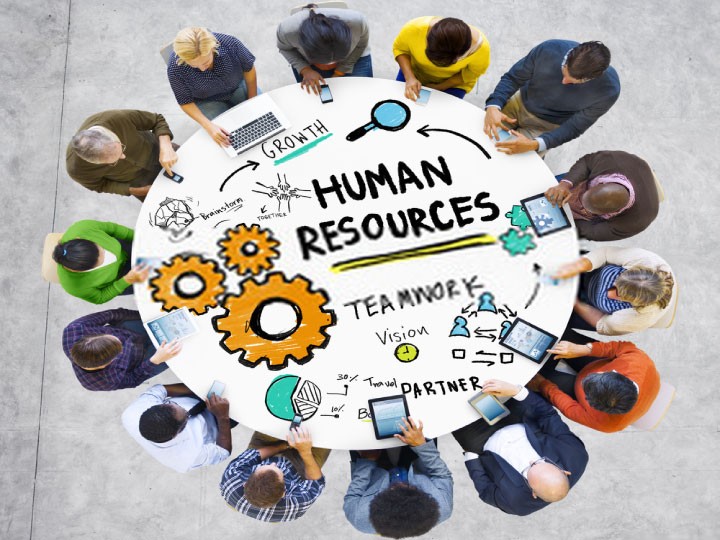Every choice matters in the dynamic world of small and medium-sized businesses (SMEs). Every element, from marketing strategies to budget allocation, is critical to the long-term viability and prosperity of the company. In this maelstrom of duties, human resources (HR) strategies are one part that is frequently disregarded yet is quite crucial. Although HR may seem like a problem only bigger companies face, its importance for SMEs cannot be emphasized. Let’s explore the benefits of HR strategies for SMEs and how they might help them succeed in the cutthroat marketplace.
Drawing in and Holding onto Talent
Attracting and keeping top talent is critical for SMEs, as each team member plays a major role in the company’s growth. SMEs can create employer brands that are appealing by utilizing effective HR methods to highlight their distinct culture, values, and career possibilities. SMEs can draw in the best talent that is in line with their goals and objectives by putting strong recruitment and onboarding procedures in place. Additionally, providing chances for professional growth and promotion and cultivating a happy work atmosphere improves employee retention, which lowers turnover costs and guarantees business continuity.
Promoting Business Expansion
In SMEs, HR strategies are a driving force behind business expansion. SMEs may unlock the potential of their human capital to propel innovation, productivity, and profitability by harmonizing HR processes with the strategic objectives of the organization. This entails locating and developing important personnel, putting performance management mechanisms in place, and offering focused training and development initiatives. Small and medium-sized enterprises (SMEs) can enhance their competitiveness by seizing new opportunities and quickly adapting to market shifts when their workforce is well-equipped with needed skills and resources.
Increasing The Effectiveness of Operations
For SMEs with tight budgets and organizational frameworks, operational effectiveness is essential to long-term growth. Streamlining workflows, maximizing resource utilization, and optimizing internal procedures are all made possible by HR initiatives. SMEs can free up critical time and resources by outsourcing non-core HR operations like payroll and benefits administration or by deploying HRIS (Human Resource Information Systems) to automate administrative tasks. This enables them to encourage innovation, concentrate on their core business operations, and react quickly to changes in the market.
Creating a Positive Work Environment
The key to the success of SMEs is a vibrant workplace culture. Through encouraging cooperation, communication, and employee participation, HR tactics help to define the culture of the company. SMEs that place a high priority on employee well-being, acknowledge accomplishments and promote a sense of community develop highly productive and driven staff members. Consequently, this results in elevated staff contentment, heightened efficiency, and enhanced client pleasure. Additionally, a strong workplace culture draws top personnel and builds the company’s brand, which attracts potential partners and consumers.
Reducing Risks and Ensuring Compliance
It can be difficult for SMEs to navigate the complicated world of employment laws, rules, and compliance obligations. HR strategies offer a path forward for risk reduction and legal compliance in all things pertaining to human resources. By creating employment contracts and rules, holding frequent audits, and holding training sessions, small and medium-sized businesses (SMEs) can prevent expensive legal conflicts by proactively handling compliance issues. SMEs may protect their brand, gain the trust of stakeholders, and concentrate on sustainable growth by keeping up with evolving laws and industry standards.
In Summary
In summary, HR strategies are essential for SMEs hoping to prosper in the cutthroat business world of today, not a luxury. SMEs can realize their full potential and succeed in the long run by putting a high priority on hiring and retaining talent, expanding the company, improving operational effectiveness, creating a happy work environment, and reducing risks and complying with regulations. Investing in HR initiatives is an investment in the business’s future sustainability and growth, not merely an expense. HR will continue to be a strategic success driver for SMEs, helping them to achieve their objectives as they change and adapt to new challenges.




